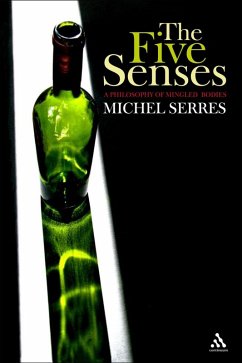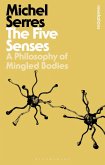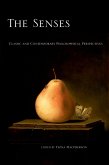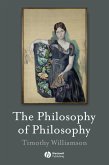Available for the first time in English!
Winner of the Prix Médicis Essai!
Marginalized by the scientific age with its metaphysical and philosophical systems, the lessons of the senses have been overtaken by the dominance of language and the information revolution.
Exploring the deleterious effects of the systematic downgrading of the senses in Western philosophy, Michel Serres - a member of the Académie Française and one of France's leading philosophers - traces a topology of human perception. Writing against the Cartesian tradition and in praise of empiricism, he demonstrates repeatedly, and lyrically, the sterility of systems of knowledge divorced from bodily experience.
The fragile empirical world, long resistant to our attempts to contain and catalog it, is disappearing beneath the relentless accumulations of late capitalist society and information technology. Data has replaced sensory pleasure, we are less interested in the taste of a fine wine than in the description on the bottle's label. What are we, and what do we really know, when we have forgotten that our senses can describe a taste more accurately than language ever could?
Winner of the Prix Médicis Essai!
Marginalized by the scientific age with its metaphysical and philosophical systems, the lessons of the senses have been overtaken by the dominance of language and the information revolution.
Exploring the deleterious effects of the systematic downgrading of the senses in Western philosophy, Michel Serres - a member of the Académie Française and one of France's leading philosophers - traces a topology of human perception. Writing against the Cartesian tradition and in praise of empiricism, he demonstrates repeatedly, and lyrically, the sterility of systems of knowledge divorced from bodily experience.
The fragile empirical world, long resistant to our attempts to contain and catalog it, is disappearing beneath the relentless accumulations of late capitalist society and information technology. Data has replaced sensory pleasure, we are less interested in the taste of a fine wine than in the description on the bottle's label. What are we, and what do we really know, when we have forgotten that our senses can describe a taste more accurately than language ever could?









